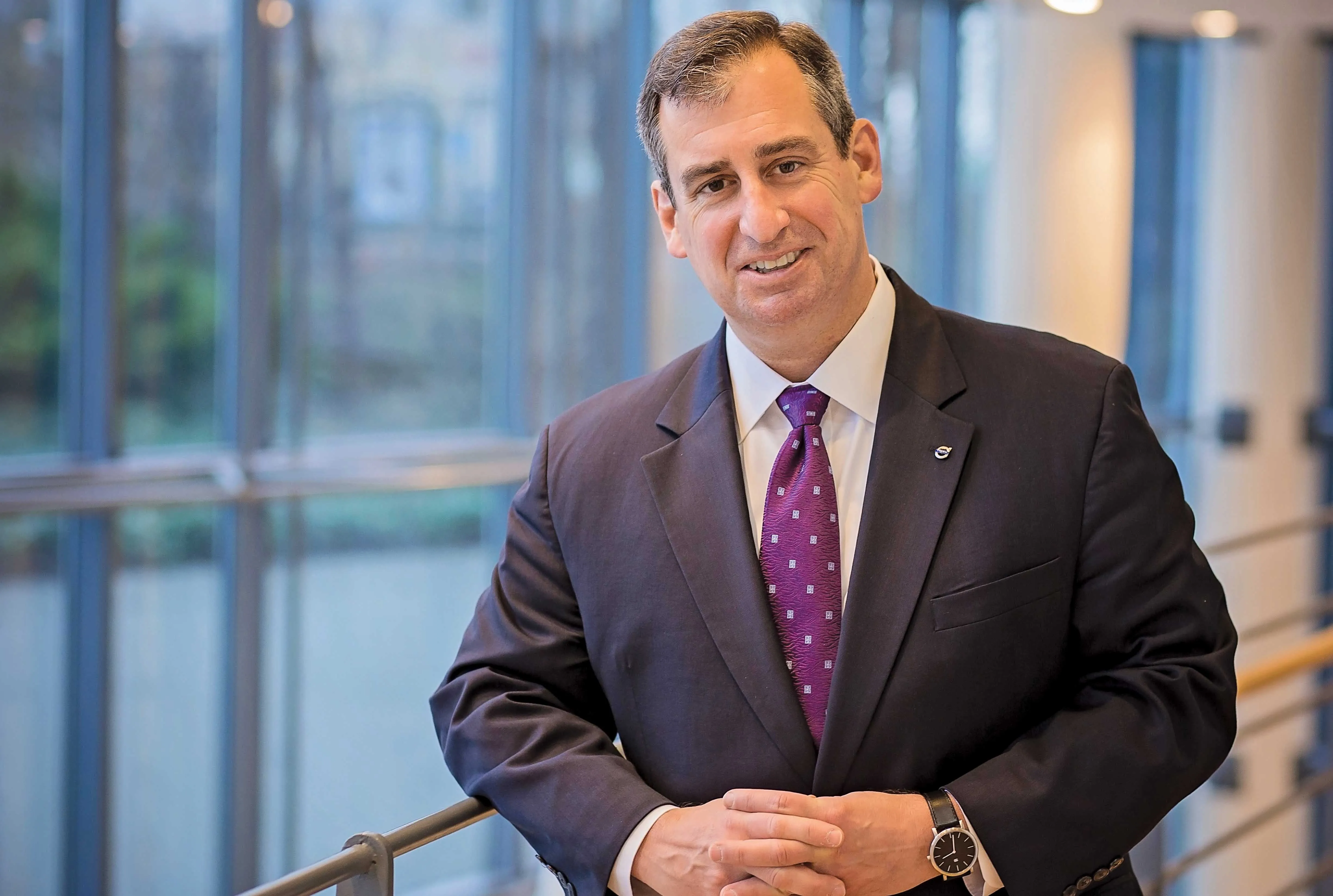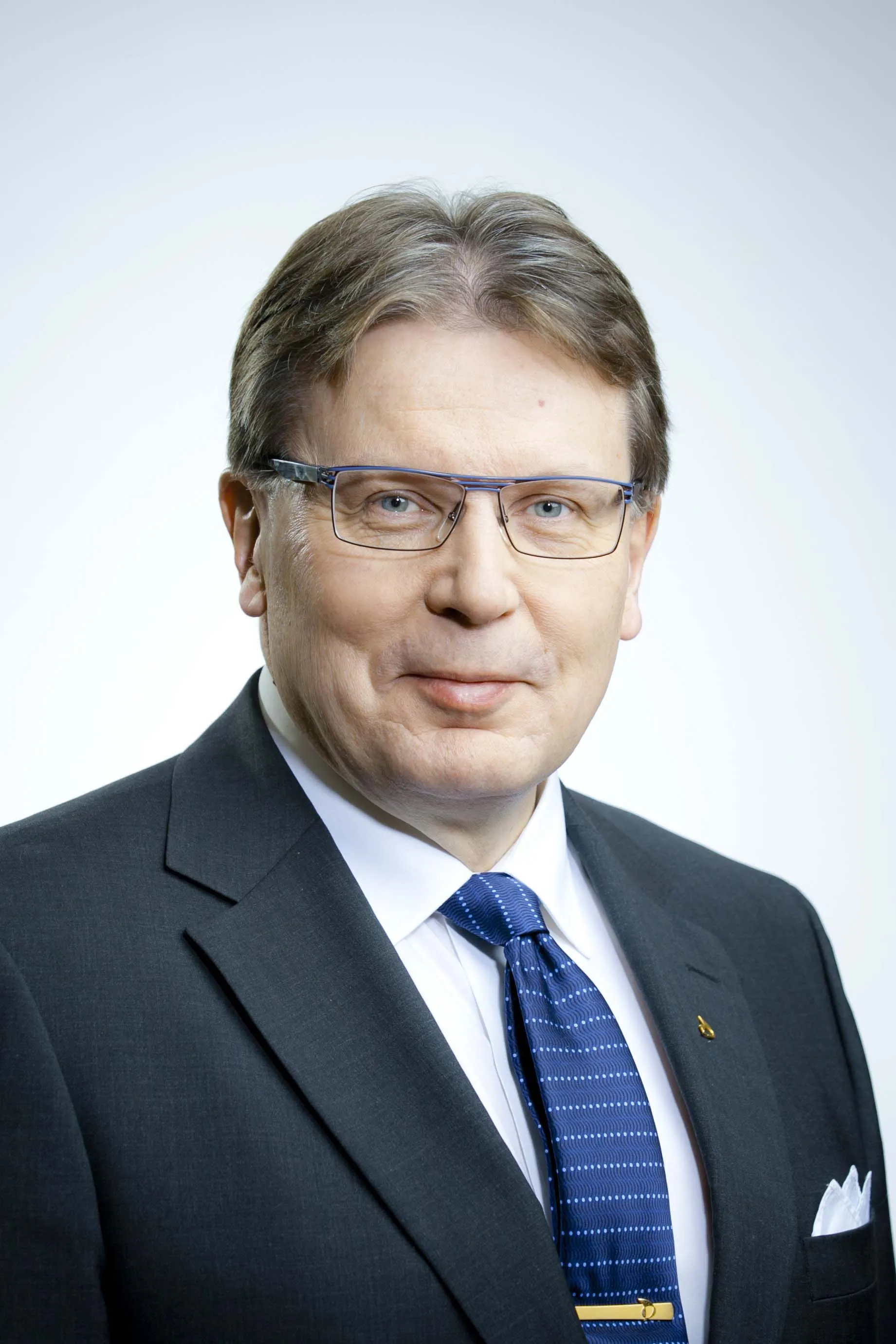Two senior U.S. construction equipment industry figures have called for action on priority policies to create manufacturing jobs and expand the American economy. Speaking during the Association of Equipment Manufacturers (AEM) ‘state of the industry policy update’ press conference, 2013 AEM chair and Caterpillar Group president Stu Levenick and AEM president Dennis Slater said the Association’s agenda in dealings with Government was focussed on improving transport and transport infrastructure, energy infras
March 1, 2013
Read time: 3 mins
Two senior U.S. construction equipment industry figures have called for action on priority policies to create manufacturing jobs and expand the American economy.
Speaking during the1100 Association of Equipment Manufacturers (AEM) ‘state of the industry policy update’ press conference, 2013 AEM chair and 178 Caterpillar Group president Stu Levenick and AEM president Dennis Slater said the Association’s agenda in dealings with Government was focussed on improving transport and transport infrastructure, energy infrastructure and investment, progressive export policies, and a pro-growth tax reform.
Levenick said: “We will be strongly encouraging Congress to secure a fully funded U.S transportation and infrastructure system that safely moves people and commerce in the United States, and puts us in a position to regain and maintain economic competitiveness in the 21st Century.
“We also need to encourage development and approval of a wide range of domestic energy sources, such as The Keystone Pipeline that would immediately create jobs and contribute to American economic growth.
“We know that our hopes for real economic growth and progress as a nation could be derailed if we are not able to come together and solve looming fiscal crises.”
On U.S-made construction equipment exports, Slater said: “Thanks to a dramatically increased level of exports the construction machine industry continues to rebound from the great recession. Unfortunately, the slow recovery of the U.S. economy means that domestic shipments are still down significantly from their peak in 2006.
“We can also report that sales of our agricultural equipment are in a much better place with a record high, and domestic shipments continue to grow every year since 2006. Put those two together, maintaining a strong agricultural economy is important to the nation’s manufacturing sector and the U.S. economy overall.”
Slater said more needed to be done to improve the U.S economy which would increase domestic shipments and “spur” job creation in the U.S.
Asked about a perceived shortage of skilled manufacturing workers, Levenick said: “It’s certainly an issue in the United States, both for ourselves and our dealers. I think it’s an industry wide phenomenon. The simple fact is that we are not promoting through appropriate educational means, a skilled workforce coming out of our high schools and junior colleges. Most manufacturers are trying to play a role, but it’s an increasingly challenging task to find qualified people to work in today’s 21st Century manufacturing industry.”
Responding to a question about tax reform aimed at securing greater funding for new and the maintenance of existing highway infrastructure, Slater said: “I think our goal as an organisation is to offer as many solutions as possible in addition to a user fee, while recognising that we won’t have the funding if we don’t take action on all fronts.”
On the same subject, Levenick added: “With the extension for two years of the Highway Bill, I think there’s broad recognition on the both sides of the [Congress] aisle that this is something that’s critically important to the economy, and that was encouraging. What we need is a long-term sustainable funding model. As we look around the world, we see combinations of taxes, fees and public private partnerships. I think in the end that’s the way we’re going to have to head to find something truly sustainable.”
Speaking during the
Levenick said: “We will be strongly encouraging Congress to secure a fully funded U.S transportation and infrastructure system that safely moves people and commerce in the United States, and puts us in a position to regain and maintain economic competitiveness in the 21st Century.
“We also need to encourage development and approval of a wide range of domestic energy sources, such as The Keystone Pipeline that would immediately create jobs and contribute to American economic growth.
“We know that our hopes for real economic growth and progress as a nation could be derailed if we are not able to come together and solve looming fiscal crises.”
On U.S-made construction equipment exports, Slater said: “Thanks to a dramatically increased level of exports the construction machine industry continues to rebound from the great recession. Unfortunately, the slow recovery of the U.S. economy means that domestic shipments are still down significantly from their peak in 2006.
“We can also report that sales of our agricultural equipment are in a much better place with a record high, and domestic shipments continue to grow every year since 2006. Put those two together, maintaining a strong agricultural economy is important to the nation’s manufacturing sector and the U.S. economy overall.”
Slater said more needed to be done to improve the U.S economy which would increase domestic shipments and “spur” job creation in the U.S.
Asked about a perceived shortage of skilled manufacturing workers, Levenick said: “It’s certainly an issue in the United States, both for ourselves and our dealers. I think it’s an industry wide phenomenon. The simple fact is that we are not promoting through appropriate educational means, a skilled workforce coming out of our high schools and junior colleges. Most manufacturers are trying to play a role, but it’s an increasingly challenging task to find qualified people to work in today’s 21st Century manufacturing industry.”
Responding to a question about tax reform aimed at securing greater funding for new and the maintenance of existing highway infrastructure, Slater said: “I think our goal as an organisation is to offer as many solutions as possible in addition to a user fee, while recognising that we won’t have the funding if we don’t take action on all fronts.”
On the same subject, Levenick added: “With the extension for two years of the Highway Bill, I think there’s broad recognition on the both sides of the [Congress] aisle that this is something that’s critically important to the economy, and that was encouraging. What we need is a long-term sustainable funding model. As we look around the world, we see combinations of taxes, fees and public private partnerships. I think in the end that’s the way we’re going to have to head to find something truly sustainable.”








